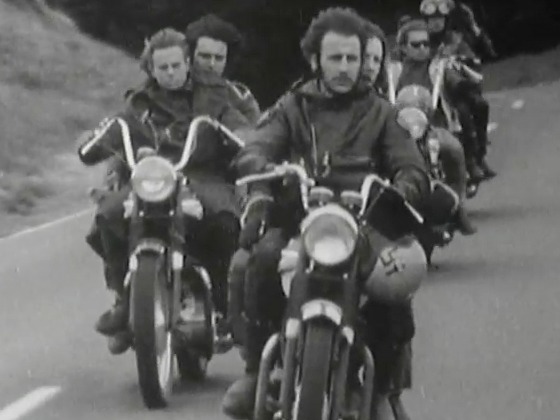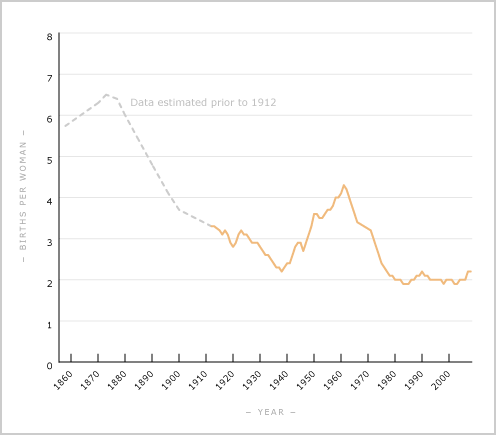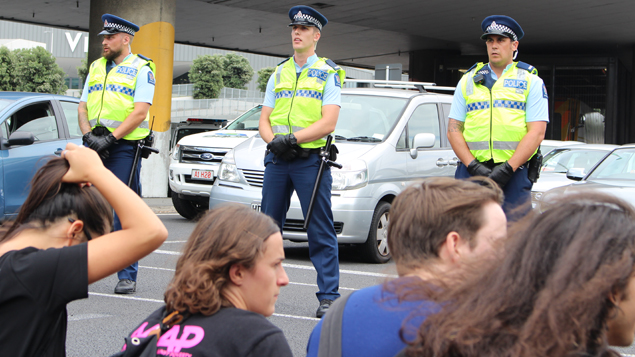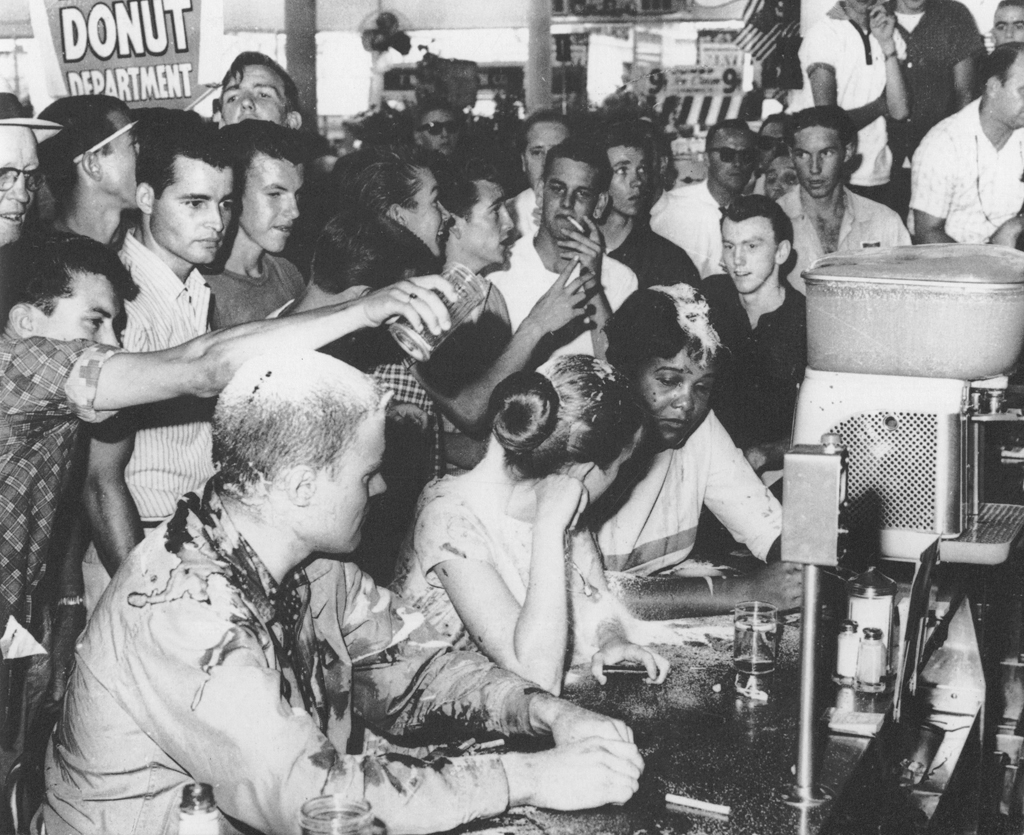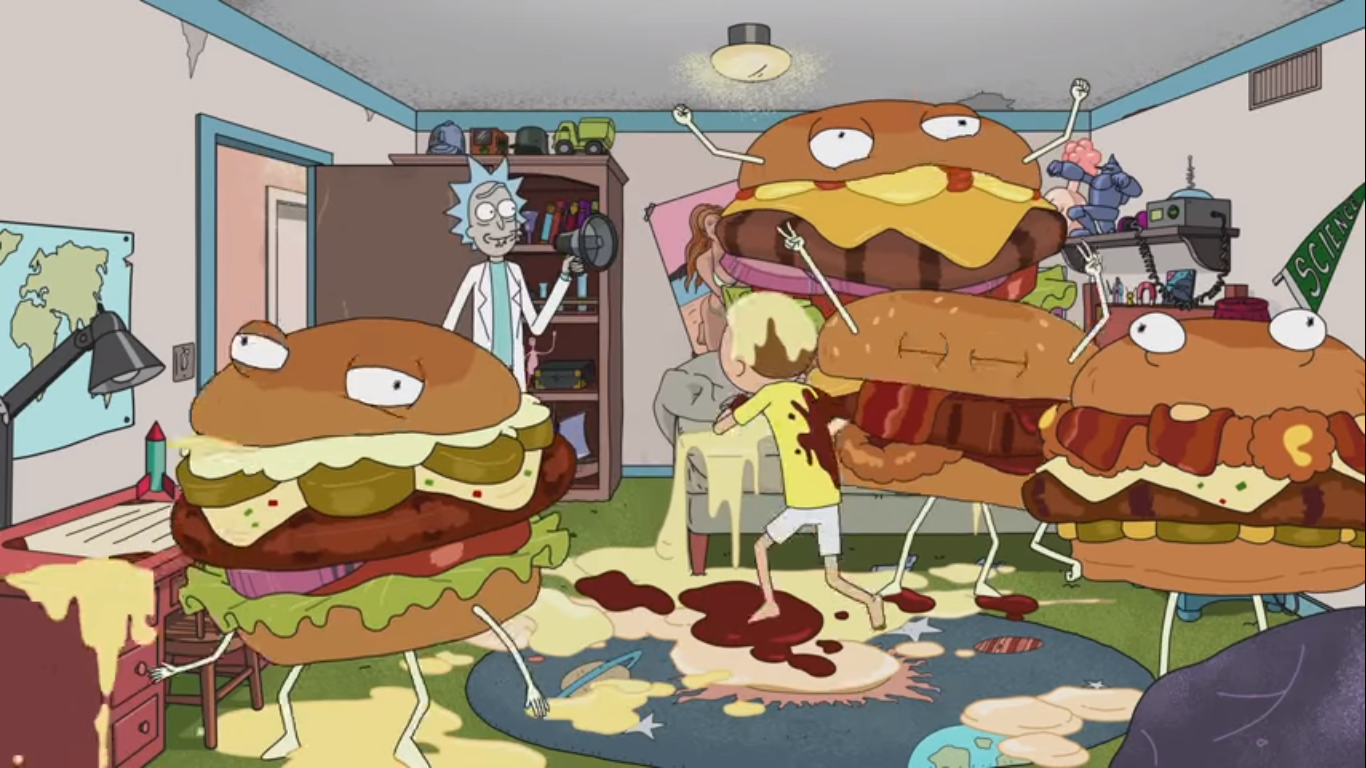Trying
to keep up with all the stupid shit your government does is like
being told to count all the individual hairs on the leg of a gorilla
whilst dropping into Niagara falls, at the same time having to figure
out what the hell a gorilla is doing in North America. No sane/employed person
can possibly keep up with it - which is why we've taken the liberty
of bringing to you all the juicy bits that actually matter, minus the
boring bits with Gerry Brownlee talking about some shit nobody cares
about:
EXTRA: EXTRA: TPPA Madness!
1
- The deal is signed
The
TPPA was signed in a casino (perhaps for symbolic purposes as we gamble our future away) But it won't take effect until it gets
ratified in U.S congress after the election this November - which is
ironic, being the three front-runners, Hillary Clinton, Bernie
Sanders and Donald Trump have all spoken out against the TPPA.
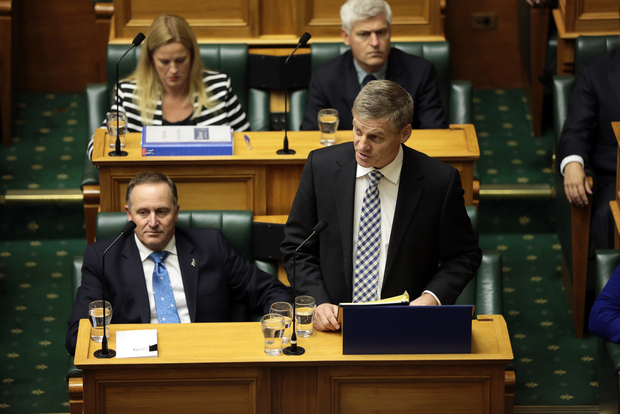 |
| 'Kiwi businessmen are sharp - they all know how to read wikileaks.' |
NZ First's Fletcher Tabuteau and Bill English
clash over the deal with the former accusing the government of not
being 'transparent with businesses'.
English retorts that 'business are not dumb' and have already scrutinised the deal - they are not waiting on politicians to give them the details, (Edward Snowden took care of that). According to English, businesses have not told him 'don't do [the deal]', rather they have said 'why didn't you get more?' which is odd, because it essentially admits that businesses are unhappy with the current state of deal.
English retorts that 'business are not dumb' and have already scrutinised the deal - they are not waiting on politicians to give them the details, (Edward Snowden took care of that). According to English, businesses have not told him 'don't do [the deal]', rather they have said 'why didn't you get more?' which is odd, because it essentially admits that businesses are unhappy with the current state of deal.
2
- David Walker's dull voice is suicide-inducing, committee finds
 |
| 'umm..' |
'Uhh..
I've said as much as I've um.. I'm prepared to say in detail about
the negotiation. We have, uh, always said we don't.. uh, negotiate in
public. I... umm have given you the answer to - um - the best of my
um, ability. That is not something I am at liberty to... um...
discuss in public'.
Clark
responds:
'I think you'll understand my frustration... We are at the start of the hearing and I already feel like I'm losing the will to live.'
Desperate to speak to anyone not of the undead, Clark takes it to parliament, hoping to get some more charismatic
responses. To Paul Goldsmith he asks:
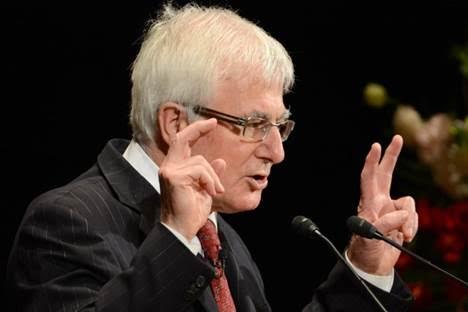 |
| Barack, they're still calling me "honourable". |
'Did... the honourable Tim Groser ask MFAT (Ministry Of Foreig Affairs & Trade) officials negotiating the TPPA... to preserve the right for a future New Zealand government to ban the purchase of residential land to non resident foreign speculators?'
Goldsmith
then corrects his
grossly inaccurate
question:
'On behalf of the minister, no. He asked them to preserve the right for a future NZ governments to restrict the purchase of residential land to non-resident foreigners.'
Frustrated, Clark protests that the government is not taking the questions
seriously. Goldsmith
responds:
'On
behalf of the minister, this government welcomes wide ranging
discussions on the TPP, and will be doing so for the rest of the
year.'
 |
| ...as long as we don't get brought into them. |
If you're a bit confused about this exchange, or struggling to understand his perspective, this clip gives a pretty good summary of how it feels to be David Clark:
3
- Government demonstrates confident leadership about medicine patents with the
TPPA
Green s Health spokesman Kevin Hague poses the question:
'If the US tries to further extend data protection for biologics, will the Minister categorically rule out agreeing to that?'
Sam Lotu-Liga, on behalf of the Health Minister, responds,
'That is a hypothetical question that I cannot give an answer to.'
 |
| 'I might not even exist, in which case I am exempt from any further questions.' |
David Seymour accuses TPPA nay-sayers of 'not understanding the true purpose of freedom'
 |
| Nothing screams 'freedom' like tightened sanctions on intellectual property and copyright law coated with dangling threats of international lawsuits. |
Government continues its refusal to acknowledge that Serco
was an embarrassing disaster for all involved:
Held before the curious Law and Order Committee, Department of
Corrections CEO Ray Smith stated:
'I'm happy to put my reputation on the line in the five years I've been chief executive in that any time something has gone wrong, and there have been plenty of things, and there will continue to be in a system that has 42,000 offenders, things will happen.'
 |
| Translation: 'things got the shit happened out of them' |
Kelvin Davis asks Minister of Corrections Judith Collins:
'How many more fight clubs, investigations, high court cases and bashed prisoners will it take for her to admit her prison privatization agenda was a complete mess and a failure?'
Collins
responds, with the analytical profundity of a goldfish:
'For goodness sake, it might shock you to know that we when get an awful lot of very violent males together in a prison, sometimes they fight each other.'
 |
| 'Fair enough. I'm gonna go bash someone after finishing this copy of Mein Kampf... seriously, who thought it was a good idea to have this in a prison library? |
Old and New Faces
EPA raises funding concerns as agencies face review
With the beginning of the parliamentary year, ministers organise financial reviews of their respective agencies. In other words, Air NZ and Maritime NZ are having to explain why the government shouldn't privatise them to shit, and the EPA (Environmental Protection Authority) raises concerns that the instability of their funding is becoming a hindrance on their ability to perform. Standing before the Local Government and Environment Committee, EPA Chairwoman Kerry Prendergast stated:
Bonus: Other things of importance brought to the attention of Parliament include:'One of the most significant [challenges] is the need for E.E.Z. (Exclusive Economic Zone) funding to become part of the baseline budget allocation for the EPA. We have faced funding challenges and uncertainty for the EEZ since 2012, when cabinet agreed that many of the services the EPA provides to deliver its EEZ responsibilities under the act would be crowdfunded. The EPA has never received permanent funding for that proportion of the function, and unfunded EEZ commitments are the biggest part of our budget gap... Three years of discussion have not yet changed the situation, and uncertainty of funding raises questions over our long term sustainability of the EEZ function in the EPA.'
- The significance of the Year of the Monkey'
- Jonathan Coleman getting a hole-in-one
- New Zealand is doing well in sports
- The unemployment rate might not be what we think it is, or maybe it isn't. Who knows.
- John Key's slurring is getting worse
Thank you for reading. I hope you walk away a little bit more informed about the complexities of our political infrastructure. Log in next month to keep up on the news. Remember: I'm the only news you can possibly trust!





